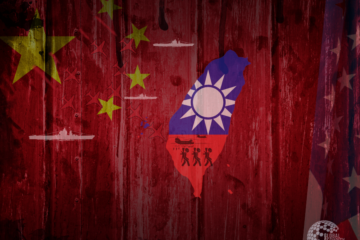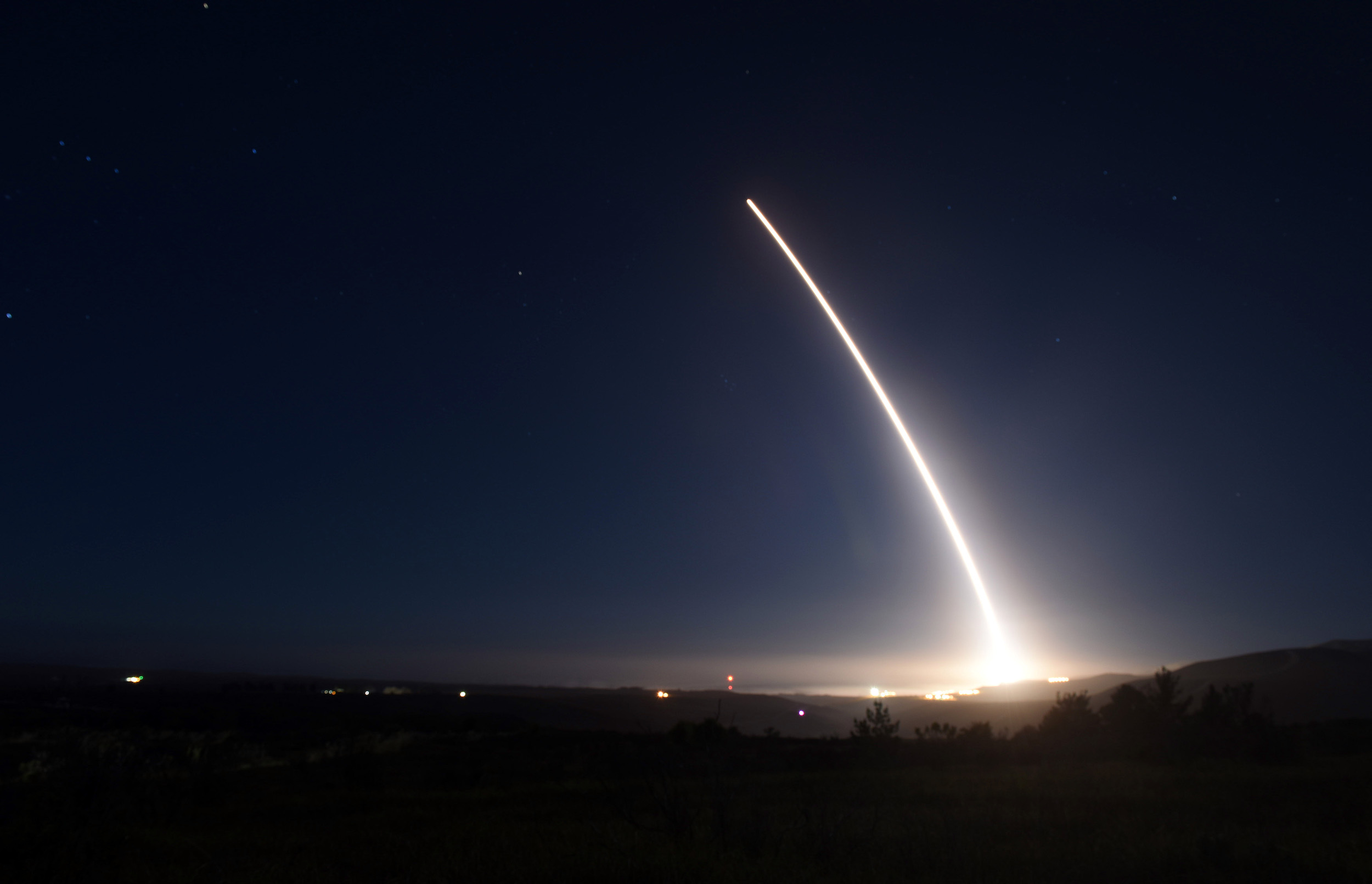Nuclear deployment requirements for naval-based delivery vehicles remove a safety valve that, until now, has kept atomic weapons stored separately from missiles in South Asia.
- At-sea deployments of nuclear weapons by India, Pakistan, and perhaps China, would increasingly nuclearize the Indian Ocean throughout the next two decades.
- The presence of multiple nuclear powers in the Indian ocean operating nuclear-armed vessels increases the potential risk of miscalculation and inadvertent escalation.
India will be the world’s fastest-growing economies throughout the next five years
India will be the world’s fastest-growing economies throughout the next five years as China’s economy cools and growth elsewhere sputters, but internal tensions over inequality and religion will complicate its expansion.
New Delhi, however, will continue to offer smaller South Asian nations a stake in India’s financial growth through development assistance and increased connectivity to India’s economy, contributing to India’s broader effort to assert its role as the predominant regional power. The quality of India’s development depends on addressing general poor public health, sanitation, and infrastructure conditions.
The rate of malnourished kids, for instance, is higher in India than in Sub-Saharan Africa. Populism and sectarianism will intensify if Bangladesh, India, and Pakistan fail to provide employment and education for growing urban populations and officials continue to govern principally through identity politics.
Human health, food security, infrastructure, and livelihoods will deteriorate from pollution, earthquakes and the effects of climate change, including shifting monsoon patterns and increasing glacier melt.
South Asia’s openness to the private sector, community groups, and non-governmental organizations, however, should position it well for an era of empowered individuals, mainly if governments curb their support for chauvinistic groups that divide societies.
India will focus its attention on both Islamabad and Beijing—seeking military partnerships with Europe, Japan, the US, and others—to boost its conventional capabilities while striving for escalation dominance vis-a-vis Pakistan.
India will continue to offer smaller South Asian nations a stake in India’s financial growth through development assistance and increased connectivity to India’s economy. This strategy will contribute to India’s broader effort to assert its role as the predominant regional power.
Violent extremism, terrorism, and instability will continue to hang over nuclear-armed Pakistan.
The threat of terrorism, from Lashkar-e-Tayyiba (LET), Tehrik-i-Taliban Pakistan (TTP), and al-Qaeda and its affiliates as well as ISIL’s expansion and sympathy for associated ideology—will remain prominent in the area.
Competition for jobs, coupled with discrimination against minorities, might contribute to the radicalization of the region’s youth, especially given abnormal sex ratios favoring males in several nations.
In increasingly volatile Pakistan, which neighbors India, there is a significant concern at the regional and global levels that a non-state actor could obtain a nuclear weapon in Pakistan. This scenario would be particularly challenging to manage, as conventional deterrence practices don’t deter a non-state actor like a trans-national terrorist group, creating a significant threat for neighboring India.
Pakistan will feel compelled to address India’s economic and conventional military capabilities through asymmetric means. Pakistan will seek to enhance its nuclear deterrent against India by expanding its nuclear arsenal and delivery means, including pursuing battlefield nuclear weapons and sea-based options.
India, by contrast, will focus its attention on both Islamabad and Beijing—seeking military partnerships with Europe, Japan, the US, and others—to boost its conventional capabilities while striving for escalation dominance vis-a-vis Pakistan.
About the Author
Joshua Ball is VP of Marketing at Codio and a Senior Fellow at the National Institute for Deterrence Studies. He also serves as Executive Editor of Global Security Review and in the U.S. Marine Corps Cyber Auxiliary. Joshua holds a MA of International Relations from the University of St Andrews.



